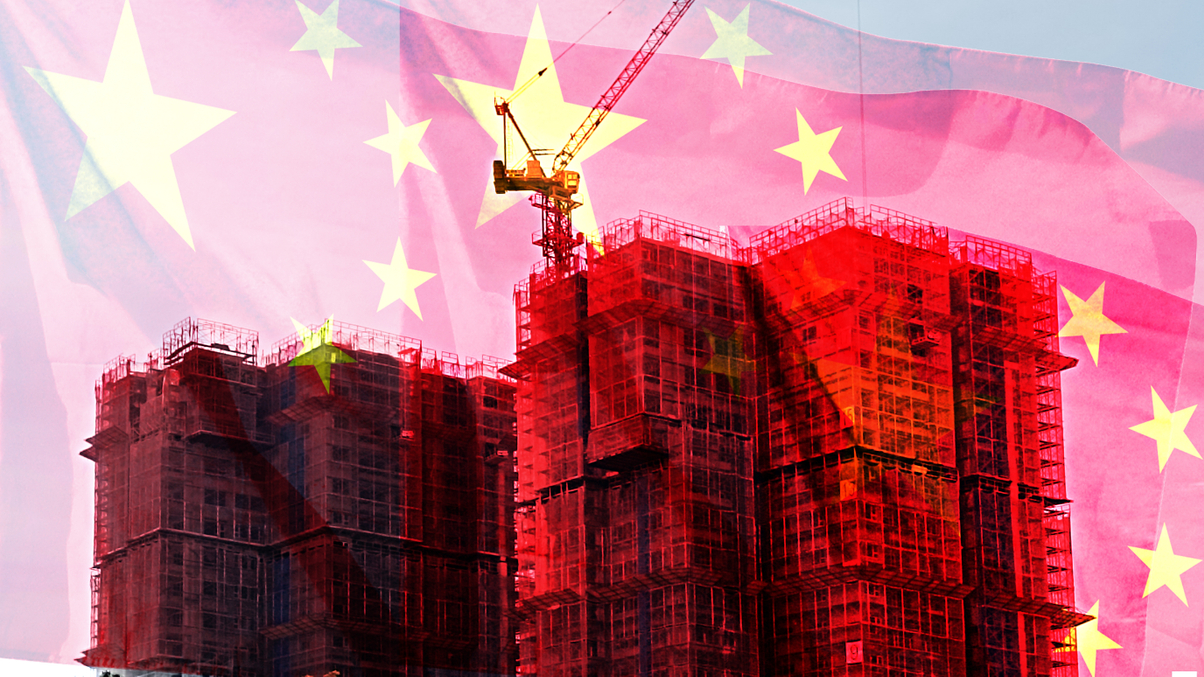China, Japan property tipped to see lag in cross-border inflows
Property market sentiment globally is starting to pick up, but China and Japan assets may take longer to see inflows recover, says Louise Kavanagh, Nuveen’s Asia-Pacific real estate chief.

Fundraising for real estate investment is showing signs of a potential rebound globally after two fallow years, but two of Asia’s key property markets – China and Japan – could see capital inflows hampered, for different reasons.
Sign in to read on!
Registered users get 2 free articles in 30 days.
Subscribers have full unlimited access to AsianInvestor
Not signed up? New users get 2 free articles per month, plus a 7-day unlimited free trial.
¬ Haymarket Media Limited. All rights reserved.


